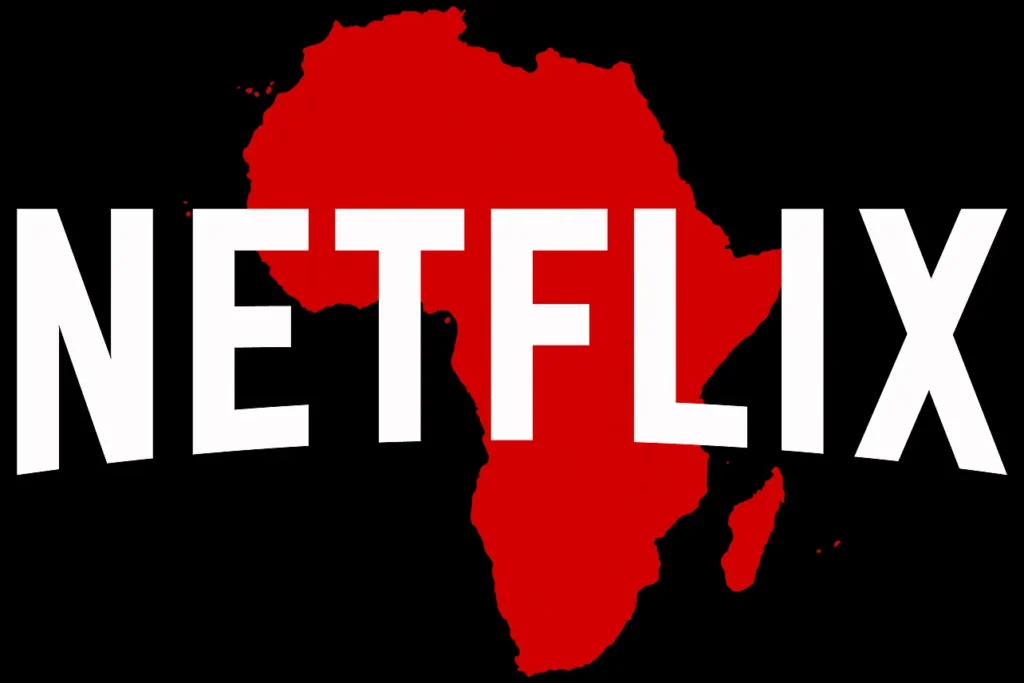Netflix, the American video streaming giant, has spent more than $175 million on film and TV production in Africa’s top three markets—South Africa, Nigeria, and Kenya—since it started operations on the continent in 2016. The company says this investment is part of its ongoing support for Africa’s creative industry, which is growing rapidly and gaining international attention.
Shola Sanni, Netflix’s Director of Public Policy for Sub-Saharan Africa, explained that the company’s efforts have had a strong social and economic impact. According to her, the platform has created over 12,000 jobs both directly and indirectly across South Africa, Nigeria, and Kenya. These jobs span various parts of the industry including transport, costume design, catering, and other support services.
Africa’s film and television industry is currently worth about $5 billion and employs five million people across the continent. Experts say the sector has the potential to generate $20 billion in annual revenue and create up to 20 million jobs if fully developed. Africa has 54 countries and is home to around 1.4 billion people. The combined Gross Domestic Product (GDP) of the continent stands at about $3.1 trillion.
Netflix’s activities in the three countries have also generated $218 million in GDP value, $44 million in tax revenues, and helped increase household income by $200 million. The company says its investments have contributed positively to the economies where it operates, and that it sees great potential in local content.
In South Africa, where Netflix began operations in 2016, the company has invested over $125 million in productions and licensed more than 170 titles. These include 16 original series such as “Queen Sono,” “How to Ruin Christmas: The Wedding,” and “Blood & Water.” The company said these shows have enjoyed global viewership and helped showcase South African talent to the world. Netflix’s investments in South Africa have also supported over 7,000 jobs, contributed $178 million to GDP, increased household income by $167 million, and brought in $41 million in tax revenues.
Netflix has also invested in skilling and capacity-building projects. It spent about $1.8 million in initiatives that supported local filmmakers and workers. For example, $240,000 was used for training programs, $966,000 was invested with the National Film and Video Foundation to support filmmakers, and $572,000 went into a COVID-19 relief fund that helped 555 industry workers. The company also partnered with organizations like the Durban Film Mart, Realness Institute, and Chocolate Tribe to promote audio-visual skills and expose young South Africans to technical opportunities in the industry.
In Nigeria, Netflix has invested over $23 million in local content including licensed, co-produced, and commissioned projects. The company has supported popular Nigerian titles like “Anikulapo,” “Blood Sisters,” “Far From Home,” “Shanty Town,” and “King of Boys.” These titles have performed well on the platform and helped promote Nollywood on a global scale.
Netflix’s Nigerian operations have added $39 million to the country’s GDP, increased household income by $34 million, and generated $2.6 million in taxes. The company’s investments have also created 5,140 job opportunities. Netflix further supported creative talent through its Creative Equity Fund by offering scholarships to 52 students from four West African countries, including Nigeria. The company also worked with film schools to reduce tuition costs for underprivileged students. During the COVID-19 pandemic, Netflix provided $500,000 in relief to workers in the Nigerian film industry. Lagos-based arts and culture centre Terra Kulture was among the beneficiaries. Netflix also held a ten-week post-production training at the KAP Film and Television Academy, and graduates received certificates from the University of Southern California’s School of Cinematic Arts.
In Kenya, Netflix signed an agreement in 2022 with the Ministry of ICT, Innovation and Youth Affairs to support the creative sector. The agreement focused on developing infrastructure, marketing, capacity-building, and content production. The first Kenyan Netflix Original Series, “Country Queen,” launched in July 2022, and two more shows are in the pipeline. Netflix has also worked with the Kenya Film Commission to boost the local film industry and create a production sector incentive. Through its scholarship fund, 46 beneficiaries from five East African countries are currently studying in Kenyan universities.
Netflix also launched a $246,266 fund to support the production of three local films in Kenya. This fund was used to train actors and build local filmmaking skills. The company says this is part of its goal to grow Africa’s creative industry and empower local talent.
Despite its strong global presence with 222 million subscribers across 190 countries, Netflix faces tough competition from Disney, HBO Max, and Apple TV. To stay competitive in Kenya, the company recently slashed its subscription fees by about 37 percent.
Netflix believes that with the right support, Africa’s creative sector can become a strong contributor to economic growth, job creation, and global cultural exchange.
